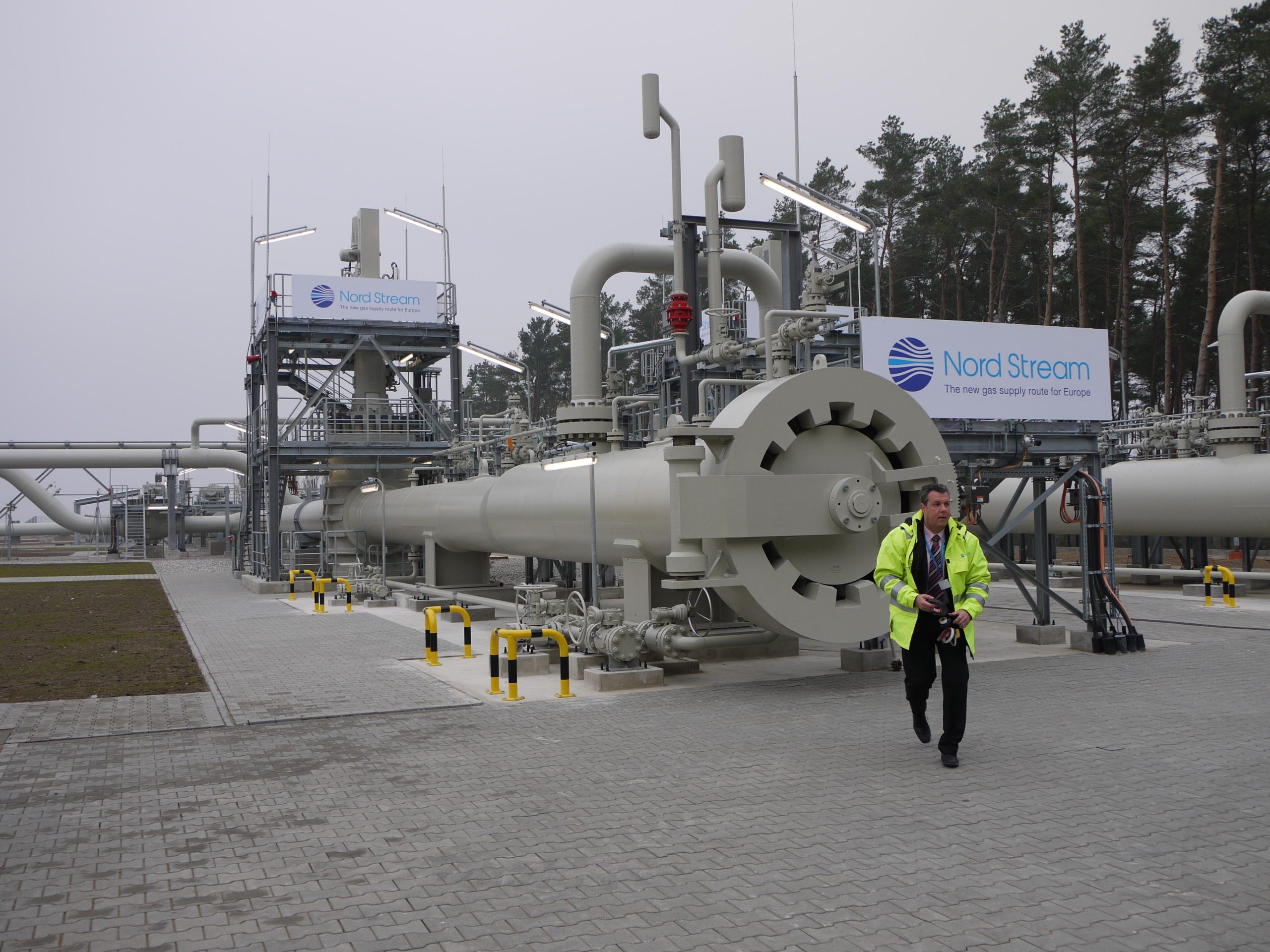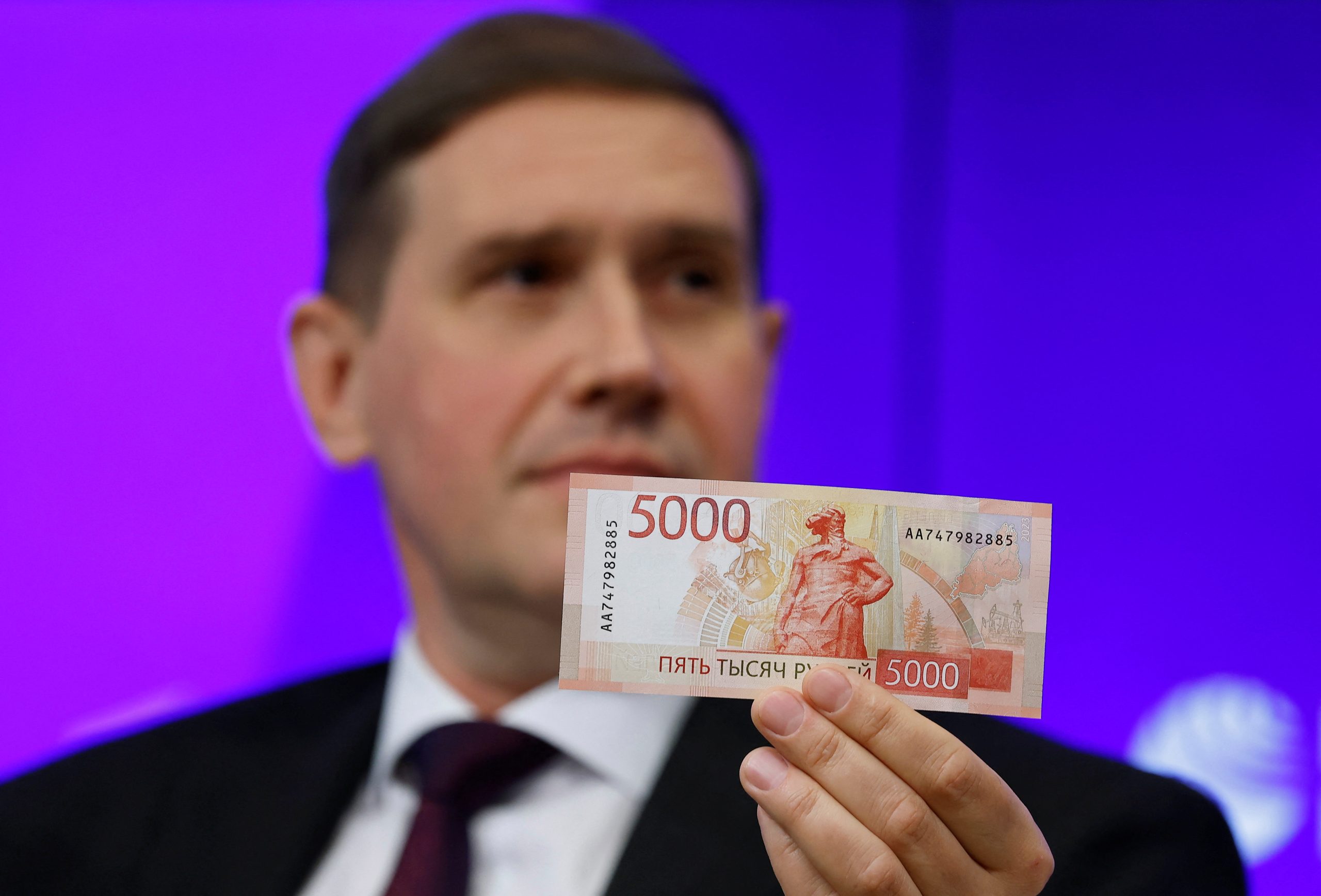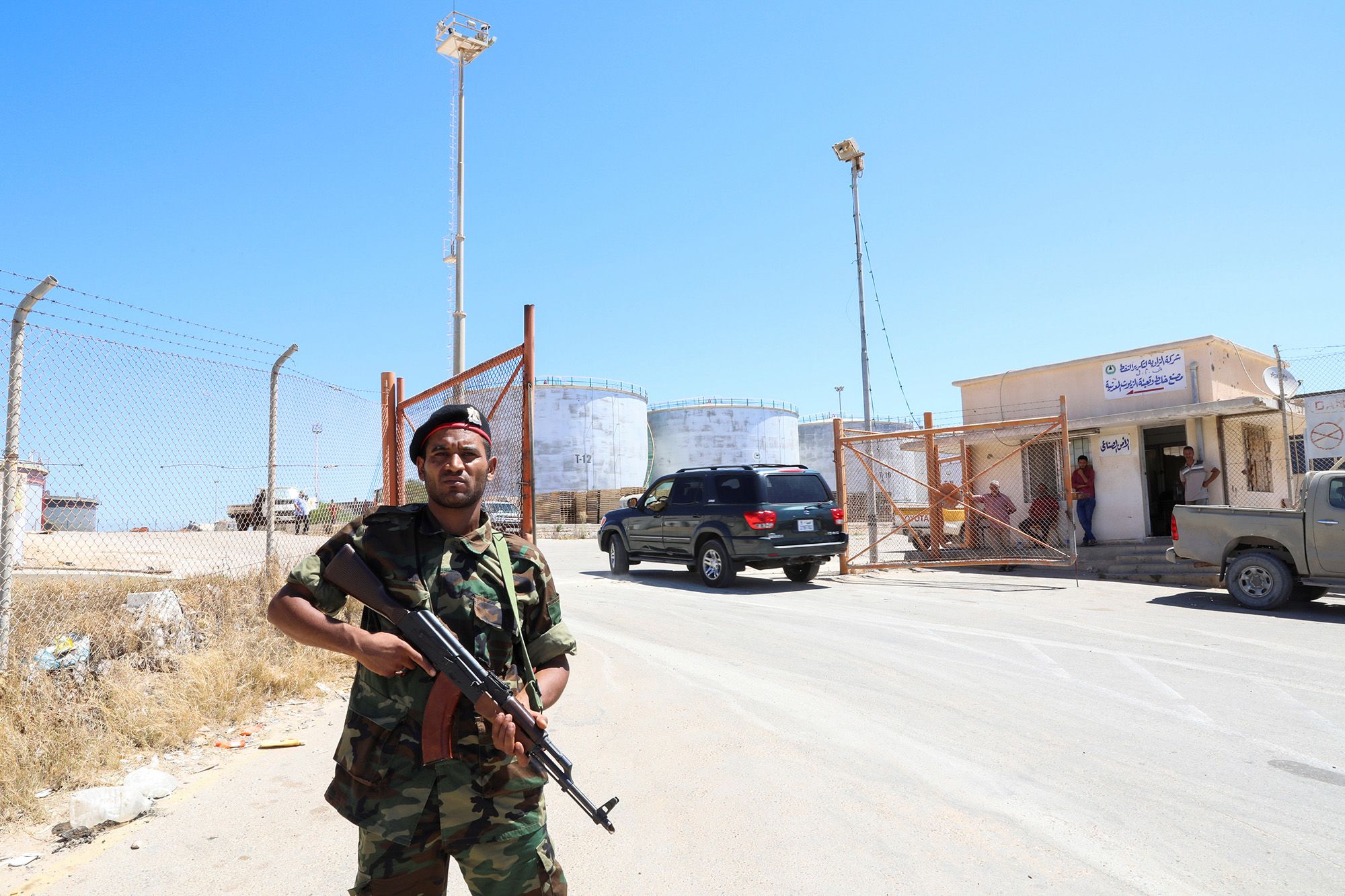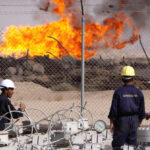Russia’s Natural Gas Supply to Europe Plummets, Shaking Energy Markets

Russia’s reduction in natural gas supplies to Europe has sent shockwaves through the continent’s energy markets, raising concerns about energy security and driving up prices. This strategic move by Russia, coupled with the ongoing geopolitical tensions, has significant implications for European economies and their transition to renewable energy sources.
Geopolitical Tensions and Energy Politics
The decrease in natural gas supplies from Russia is largely attributed to the escalating geopolitical tensions between Russia and Western nations. The conflict in Ukraine and the subsequent imposition of sanctions by the European Union and other Western countries have created a volatile environment, with energy serving as a key leverage point.
Russia has historically been a reliable supplier of natural gas to Europe, meeting a significant portion of the continent’s energy demands through pipelines such as Nord Stream and Yamal-Europe. However, recent reductions in supply have forced European countries to seek alternative sources and accelerate their plans for energy diversification.
Economic Impact on Europe
The drop in Russian natural gas supplies has had a profound economic impact on Europe. Energy prices have surged, leading to increased costs for industries and households alike. This price volatility creates uncertainty for businesses, potentially hampering investment and economic growth. Additionally, the reliance on more expensive alternative energy sources, such as liquefied natural gas (LNG) imports, further strains European economies.
Energy Security Concerns
The reduction in supplies has also heightened concerns about energy security across Europe. Many countries are now scrambling to secure alternative energy sources and diversify their supply chains. This includes increasing LNG imports, enhancing storage capacities, and accelerating the development of renewable energy projects. The push for energy independence is now a top priority for many European nations, driven by the need to reduce reliance on Russian energy and mitigate future supply disruptions.
Russia’s Strategic Calculations
From Russia’s perspective, the reduction in natural gas supplies to Europe is a strategic move to exert pressure and gain leverage in ongoing geopolitical negotiations. By controlling the flow of energy, Russia aims to influence European policies and sanctions related to the Ukraine conflict. This energy diplomacy is a powerful tool in Russia’s geopolitical arsenal, allowing it to shape the narrative and outcomes of international relations.
Long-Term Implications
The long-term implications of Russia’s reduced natural gas supplies to Europe are multifaceted. On one hand, Europe is likely to accelerate its transition to renewable energy sources, reducing its dependence on fossil fuels and enhancing energy independence. On the other hand, the short-term disruption may lead to economic instability and increased costs for consumers and businesses.
Moreover, the geopolitical tensions and energy politics play a crucial role in shaping the future of European-Russian relations. The current situation may lead to a more fragmented and competitive energy market, with Europe diversifying its suppliers and reducing its reliance on a single source.
Conclusion
Russia’s reduction in natural gas supplies to Europe is a significant development with far-reaching consequences. It underscores the interconnectedness of energy and geopolitics, and the strategic use of energy as a tool in international relations. As Europe navigates this challenging landscape, the focus on energy security, diversification, and the transition to renewable sources will be paramount. The coming months and years will be critical in determining how Europe adapts to this new energy reality and the long-term impact on its economic and political stability.

















